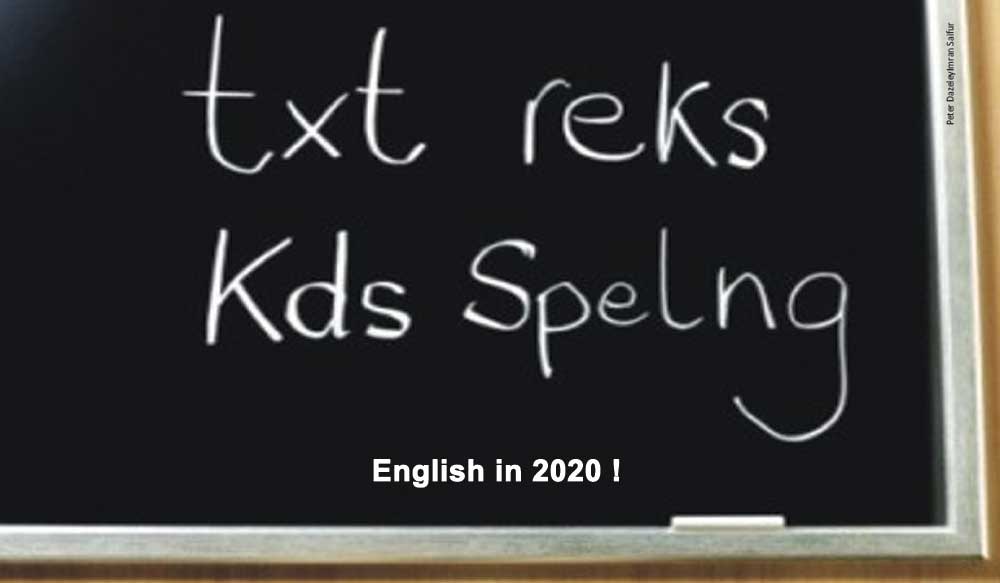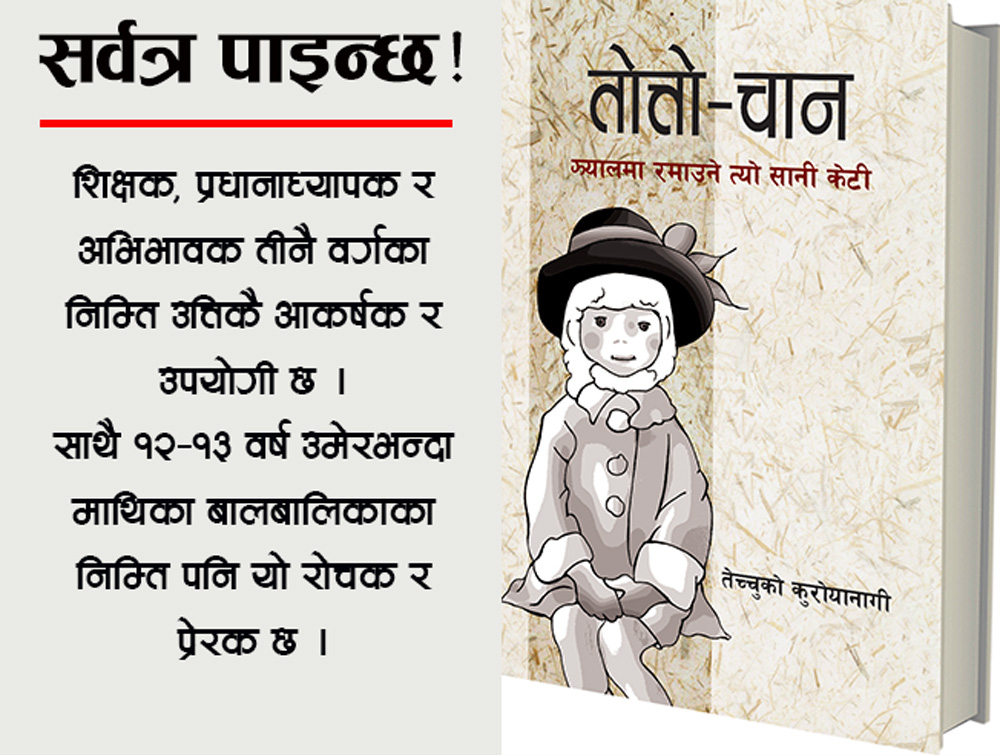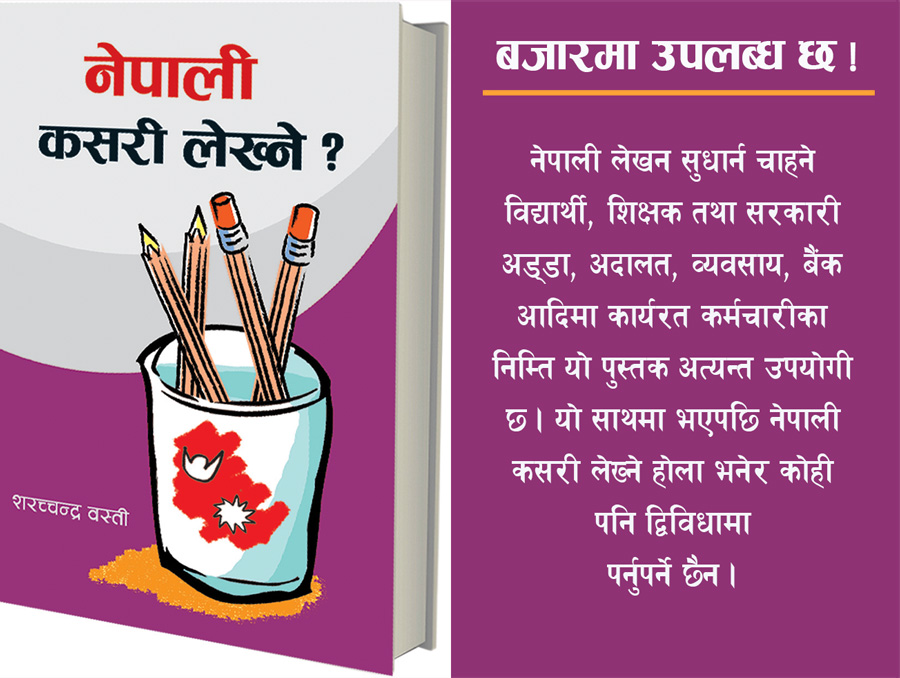Evolution of English

Today, English is the most popular language in the world because of its accessibility and, interestingly, coquettishness that allows it to be freely courted by the user.
IT is all too common these days to see people around the world manipulating the English language, be it online or during text messaging on mobile phones, by using acronyms such as "PCM -- Please Call Me" and "TTYL -- Talk to You Later," etc. This trend developed to accommodate the needs of the users, who are more diverse and faster changing than the language itself. But this mustn't be stigmatised as blasphemous to the integrity of English because these abbreviations are not amendments to the language but only show the limitations of the mediums used for communication.
For example, an online chatter, refusing to be limited by the sluggishness of key boarding on the PC, compensates by innovating abbreviations of expressions and tag words, such as "LOL -- Laughing Out Loud," to reduce the number of keystrokes. This cannot be termed as evidence of language transformation because "LOL" is not a new word, rather a tag for the larger expression.
But, yes, historically, since the first graphing, English has been being ceaselessly transformed by the transitory needs of civilisation. An article, titled "Transformation of English," which was printed in The Daily Star of Dacca on August 23, provides historical evidence of such linguistic transitions taking place within the English language.
It must be mentioned that the example of a computer virus named "Life is Beautiful" used in that article is not factual. In reality, this was a virus hoax (spam emails circulating fake stories about viruses) according to MacAfee and Symantec, and, hence, there never was a virus like that, only a fake story.
This particular chain email scam was rampant during 2002 and 2003, but traces of it may remain in the information superhighway from where the author, Professor M. Zahidul Haque, must have picked up the story. Moreover, even if it were a true story about some perilous virus, it would have no relevance with any aspect of language transformation.
Still, the good professor has picked up on the link between technology and language. Many of the newest words in English vocabulary, such as "blog," "mouse potato," "netiquette," "netizen" etc., have been inspired by modern technological innovations like the internet. And then there are those that are termed "buzz words," i.e. popular neologisms like "pod casts."
These truly are examples of English being transformed by technology. But it is not only technology that is amending English; other factors, such as popular culture, are also leaving their imprint on the language. The question then is whether such transformation is good or bad. It can be safely said that adding to the existing vocabulary of any language cannot be all bad, especially when such additions make up for the otherwise limited vocabulary that fails to suffice in expressing particular scenarios in everyday reality. But perhaps this matter can best be taken up by covering more background.
Slang, profane or not, and colloquialisms are changing English. Because of these local contributions to the global language, new words are being introduced and old words are being reassigned new meanings. For example, "cool" is a slang which once was a part of the subculture of rock musicians and connoisseurs but has now made its way into mainstream spoken English. Though "cool" hasn't yet established itself in written English, apart from pop literature, it is only natural that it may soon not be slang anymore. There have been examples of this sort, like "mob."
Colloquialisms like "trash," an American produce from, shockingly, Scandinavian, not Native American, roots, are as original as any other lexis in English. Today, slang and colloquialisms are taught in ESL classes, proving that these words are no longer clandestine mutants of the language but are symbols of the wholesome evolution of English.
So, yes, English is being transformed everyday by its users. It is changing, and change is often dubbed as deterioration by conservatives. The world, along with all its florae and fauna, is evolving. Species which keep up with this global evolution survive and those which fall behind die. History bears testimony to the tide of time that antiquates cultures and ideologies that lack the ability to transform on demand. Hence, we see many languages, rich in their time, being virtually cast aside to make way for sustainable dialects like modern English.
Because of lexical evolution, English has lost much of its Shakespearean gravity. But that doesn't make today's Maya Angelou a lesser poet. In truth, English today is no less expressive than it was before the Renaissance.
Language is a tool that humans have created and constantly modified in order to inter-communicate comprehensively. Today, English is the most popular language in the world because of its accessibility and, interestingly, coquettishness that allows it to be freely courted by the user. The transformation of English language, therefore, is indeed progressive because such changeability makes English sustainable.
Those who call for preserving the "originality" of the language are, no doubt, noble because of their dedication to the "origin," but they fail to realise that the language exists for the need of the user, not the other way. Modern English has changed and will continue to do so. This is what makes it the "coolest" language in the world.
(Saifur is HR Trainer (English Language), Tullow, Bangladesh.)
Source: www.thedailystar.net



